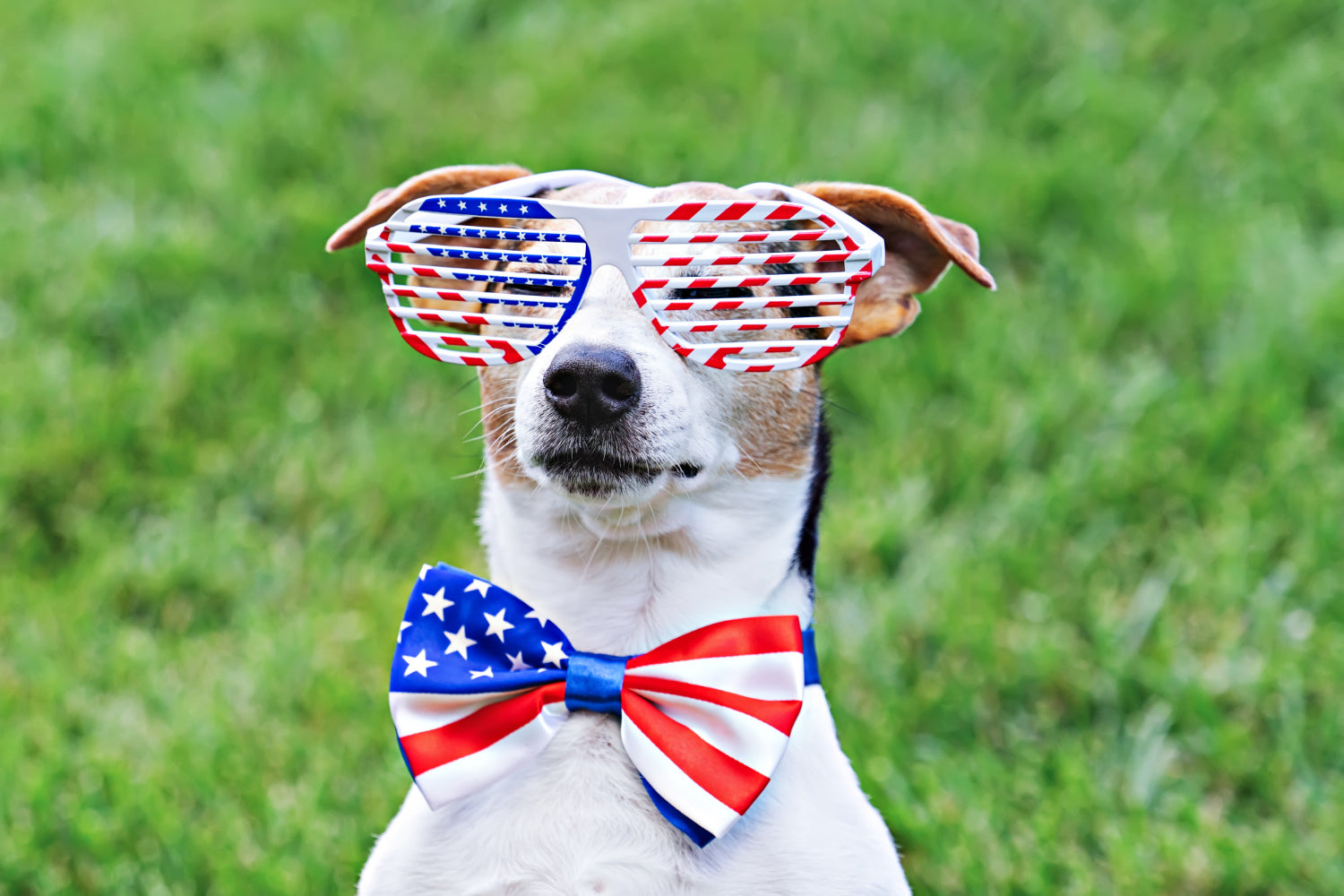The Fourth of July is a day of great celebration in the United States, marked with parades, barbecues, and, most notably, a spectacular show of fireworks. While this day is a source of joy for many, it can be a very stressful experience for our pets. The loud noises, bright lights, and sudden changes in routine can be overwhelming for them, potentially causing undue anxiety. Pet owners need to know how to protect their pets during these festivities.
This blog post aims to guide you on steps you can take to ensure your pets stay safe, comfortable, and secure during the Fourth of July fireworks.
Understanding the Problem
First, it's crucial to understand why fireworks can be problematic for pets. Fireworks produce sudden loud noises and intense light displays. These can be frightening to animals, triggering their natural survival instincts. Many pets, especially dogs and cats, have more sensitive hearing than humans, so the loud explosions are even more impactful. The unexpected booms and flashes of light can provoke panic and stress responses such as shaking, hiding, trying to escape, or even aggression in extreme cases. This is why animal shelters across the country report a spike in lost pets every year around the Fourth of July.
Preparing Ahead of Time
Provide a Safe Space: Identify a place in your home where your pet feels most secure, be it their crate, a specific room, or under a piece of furniture. Ensure this area is easily accessible to your pet and is stocked with their favorite toys, a comfortable bed, and some fresh water. You may also consider soundproofing this space as much as possible with blankets or noise-canceling materials to buffer the noise from the outside.
1. Update ID Tags and Microchips
In the unfortunate event that your pet escapes, up-to-date identification is critical for a speedy reunion. Ensure your pet's ID tags have current contact information, and if your pet has a microchip, ensure your details are updated in the chip's registry.
2. Desensitization and Counterconditioning
Consider a program of gradual desensitization and counterconditioning for your pet in the weeks leading up to the Fourth of July. This involves exposing them to low levels of firework sounds, gradually increasing the volume over time while associating the sounds with positive experiences like treats or playtime. Consult with a professional animal behaviorist or veterinarian for a guided approach.
On the Day
1. Ensure Pets Are Secure
Keep your pets indoors and secure doors and windows. The loud noises can cause pets to act unpredictably, and they might try to escape. If you must take your dog outside, always keep them on a leash.
2. Maintain Routine
Pets thrive on routine, which can be very comforting for them in times of stress. Try to stick to your regular schedule for feeding, walks, playtime, and bedtime. However, aim to walk dogs earlier in the day before the fireworks start.
3. Use Distractions
Engage your pet in their favorite activities to distract them from the noise. This could be playing with their favorite toy, giving them a puzzle feeder, or turning on some calming music or the TV to help mask the sound of the fireworks.
4. Provide Comfort and Reassurance
Your presence can be a significant source of comfort for your pet. Stay calm and act normally. This will help your pet understand there's no real danger. Give them lots of positive reinforcement, such as petting or cuddles (if your pet enjoys them), which can help lower their stress levels.
Professional Help
1. Anti-Anxiety Pet Wraps
Some pets respond well to pressure wraps or anxiety vests like the ThunderShirt. These products apply gentle, constant pressure that can have a calming effect.
2. Consult a Veterinarian
If your pet suffers from severe anxiety, a visit to the vet might be in order. They can offer solutions ranging from calming pheromone products to anxiety medications or recommend a professional animal behaviorist for a more tailored approach.
Conclusion
Remember, every pet is unique, and what works for one might not work for another. Finding the best approach for your furry friend may take some trial and error. Celebrating the Fourth of July doesn't mean our pets have to suffer. By understanding their fears, preparing adequately, and providing comfort and distractions, we can help make this event much less stressful for our beloved companions. Ultimately, the safety and comfort of your pet are paramount, so consider skipping the fireworks display for a quiet evening at home with your pet. After all, they are a part of the family too!

